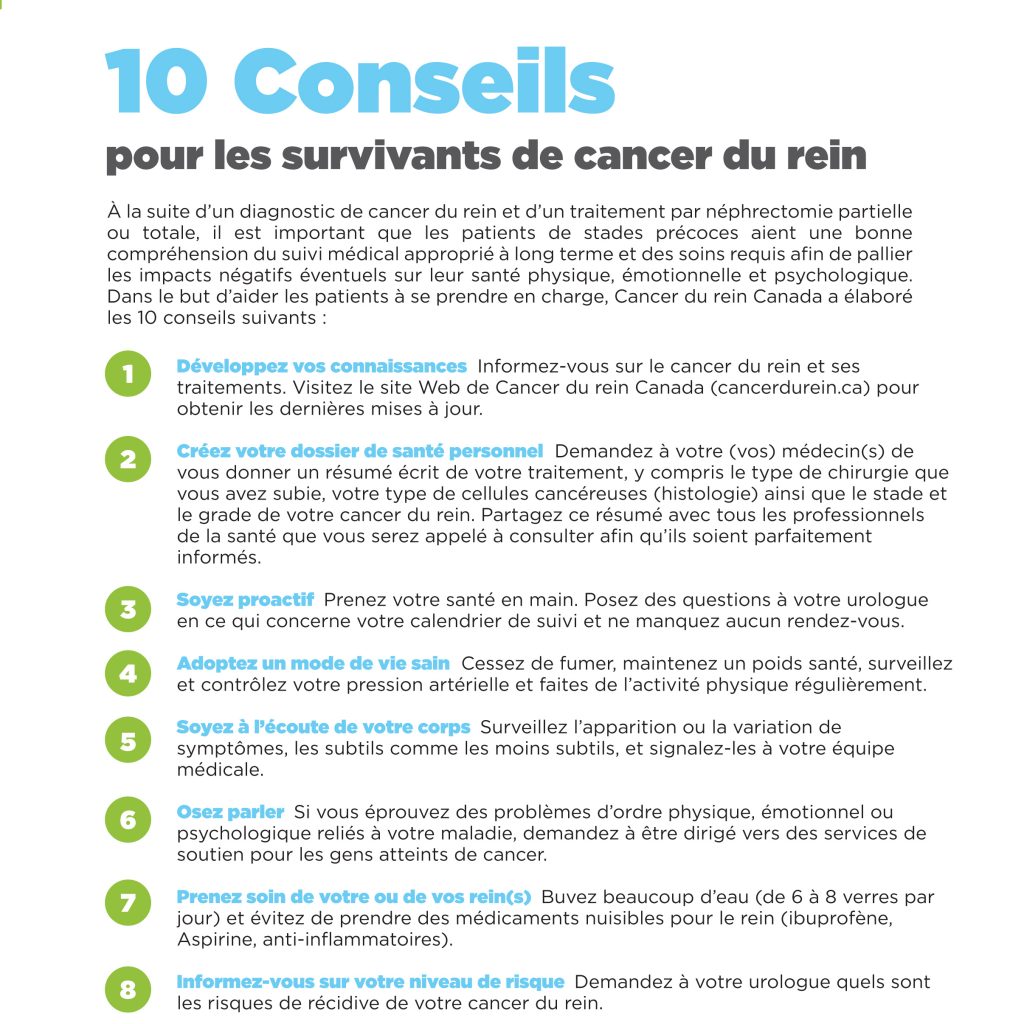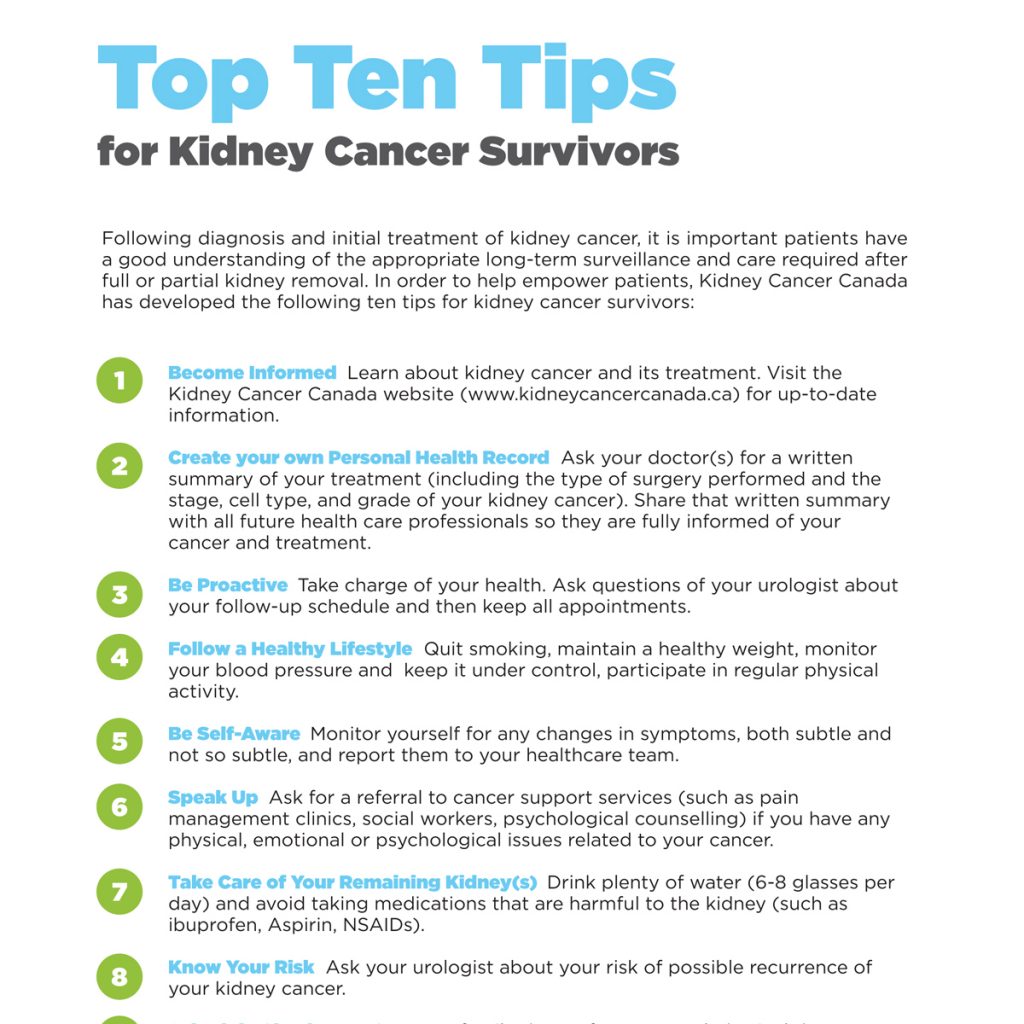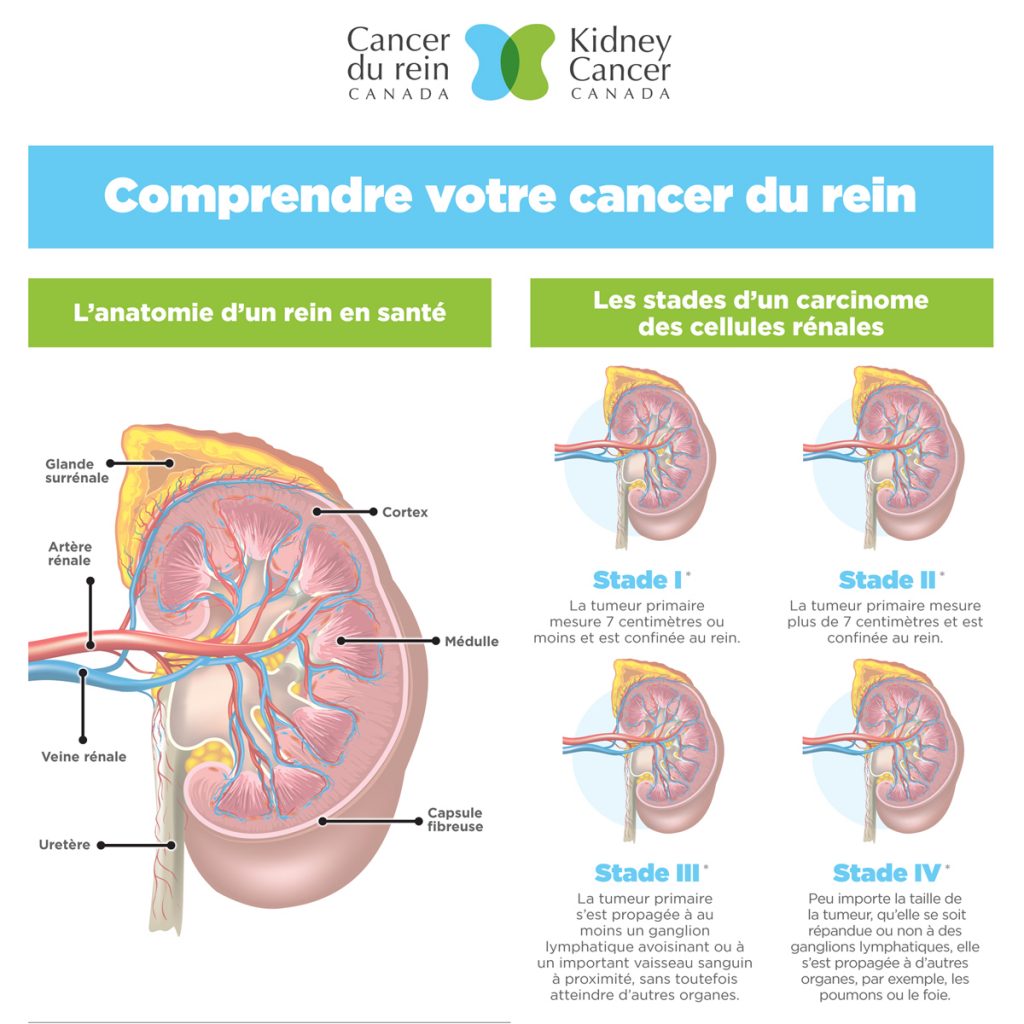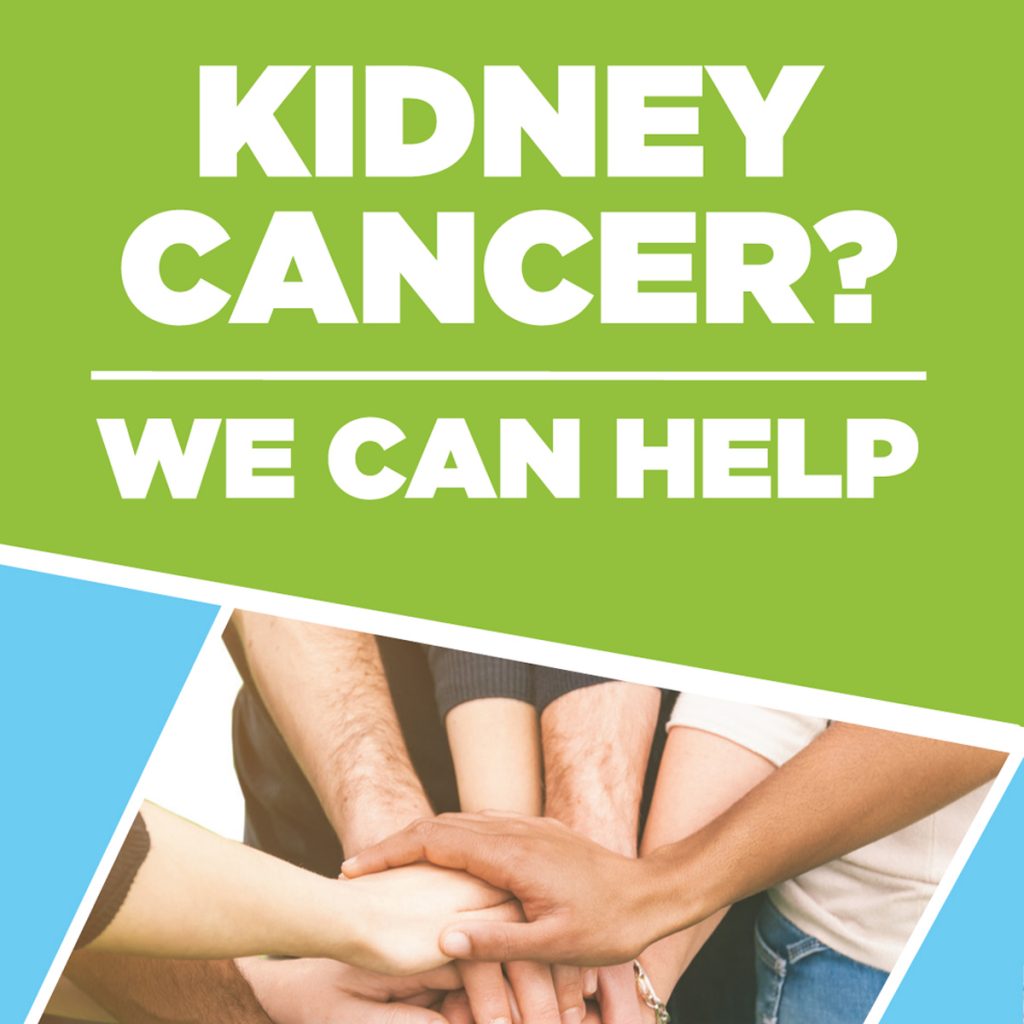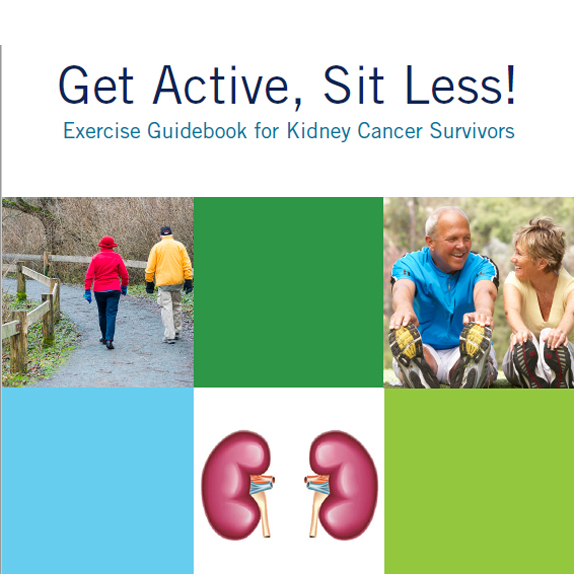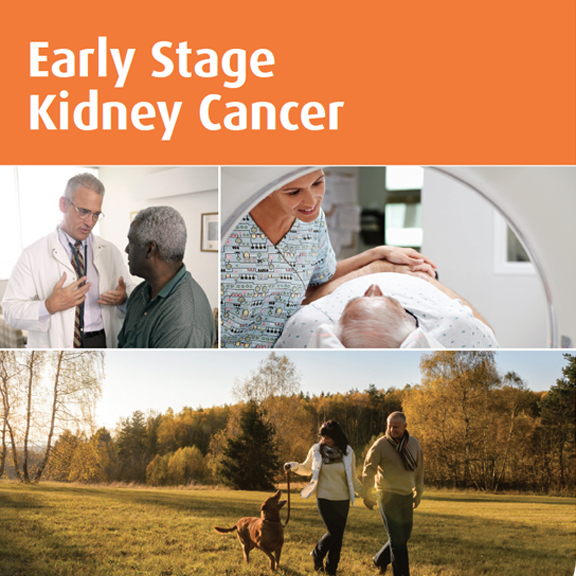Your recovery
A nephrectomy is surgery to take out part or all of the kidney. One or both kidneys may be taken out. Sometimes other tissue near the kidney is taken out at the same time.
Your belly will feel sore after the surgery. This usually lasts about 1 to 2 weeks. Your doctor will give you pain medicine for this. You may also have other symptoms such as nausea, diarrhea, constipation, gas, or a headache.
At first, you may have low energy and get tired quickly. It may take 3 to 6 months for your energy to fully return.
Your body can work fine with one healthy kidney. If both kidneys are removed or your remaining kidney is not healthy, your doctor will talk to you about the kind of treatment you will need after surgery.
This care sheet gives you a general idea about how long it will take for you to recover. But each person recovers at a different pace. Follow the steps below to get better as quickly as possible.
How can you care for yourself at home?
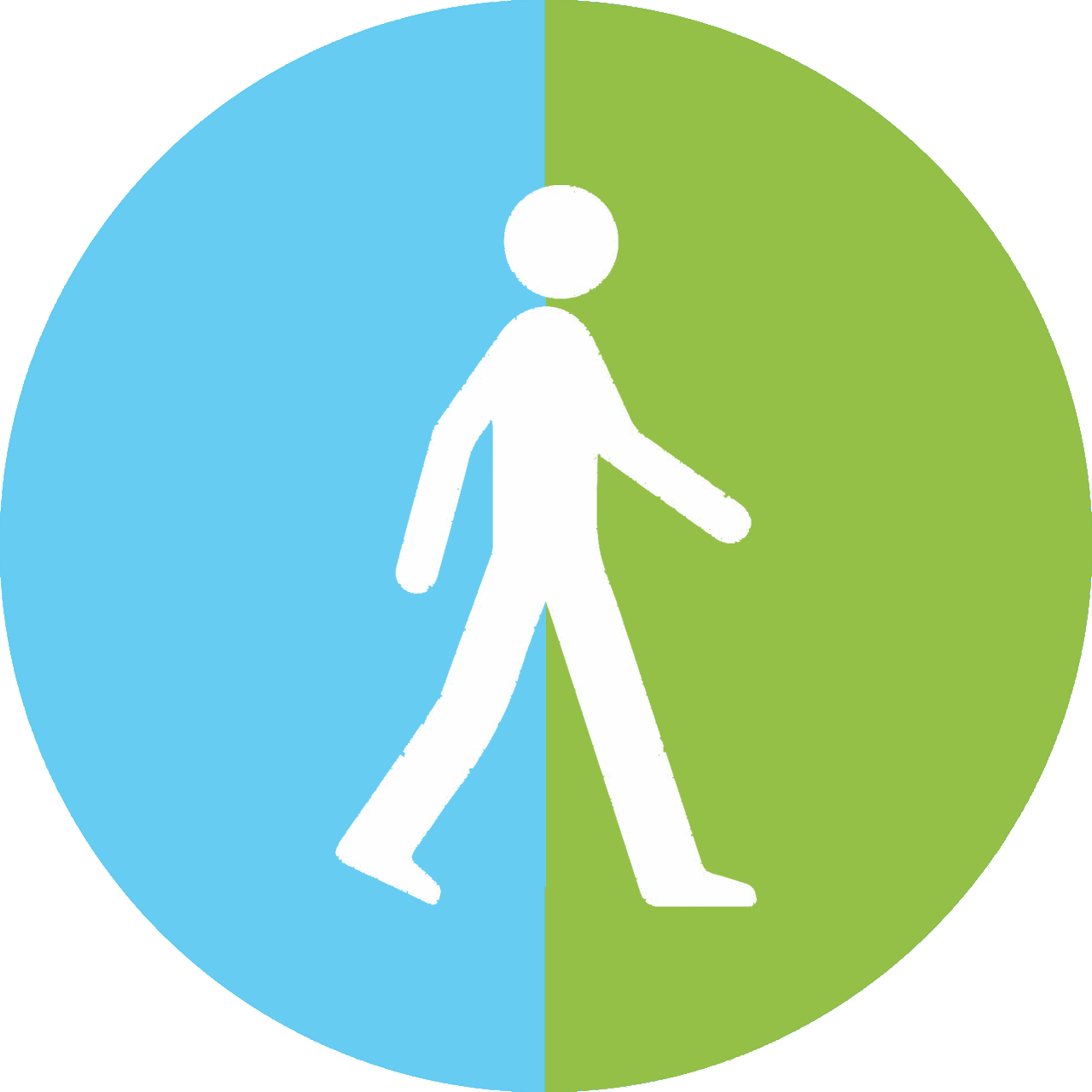
ACTIVITY
- Rest when you feel tired. Getting enough sleep will help you recover.
- Try to walk each day. Start by walking a little more than you did the day before. Bit by bit, increase the amount you walk. Walking boosts blood flow and helps prevent pneumonia and constipation.
- Avoid exercises that use your belly muscles and strenuous activities such as bicycle riding, jogging, weight lifting, or aerobic exercise until your doctor says it is okay.
- For at least 4 weeks, avoid lifting anything that would make you strain. This may include a child, heavy grocery bags and milk containers, a heavy briefcase or backpack, cat litter or dog food bags, or a vacuum cleaner.
- Hold a pillow over the cuts the doctor made (incisions) when you cough or take deep breaths. This will support your belly and decrease your pain.
- Do breathing exercises at home as instructed by your doctor. This will help prevent pneumonia.
- Ask your doctor when you can drive again.
- You will probably need to take 4 to 6 weeks off from work. It depends on the type of work you do and how you feel.
- You may be able to take showers (unless you have a drainage tube near your incisions). If you have a drainage tube, follow your doctor’s instructions to empty and care for it. Do not take a bath for the first 2 weeks, or until your doctor tells you it is okay.
- Ask your doctor when it is okay for you to have sex.

DIET
- You can eat your normal diet. If you were on a special diet for your kidneys before surgery, follow that diet until your doctor tells you to stop.
- If your stomach is upset, try bland, low-fat foods like plain rice, broiled chicken, toast, and yogurt.
- Drink plenty of fluids (unless your doctor tells you not to).
- You may notice that your bowel movements are not regular right after your surgery. This is common. Try to avoid constipation and straining with bowel movements. You may want to take a fibre supplement every day. If you have not had a bowel movement after a couple of days, ask your doctor about taking a mild laxative.
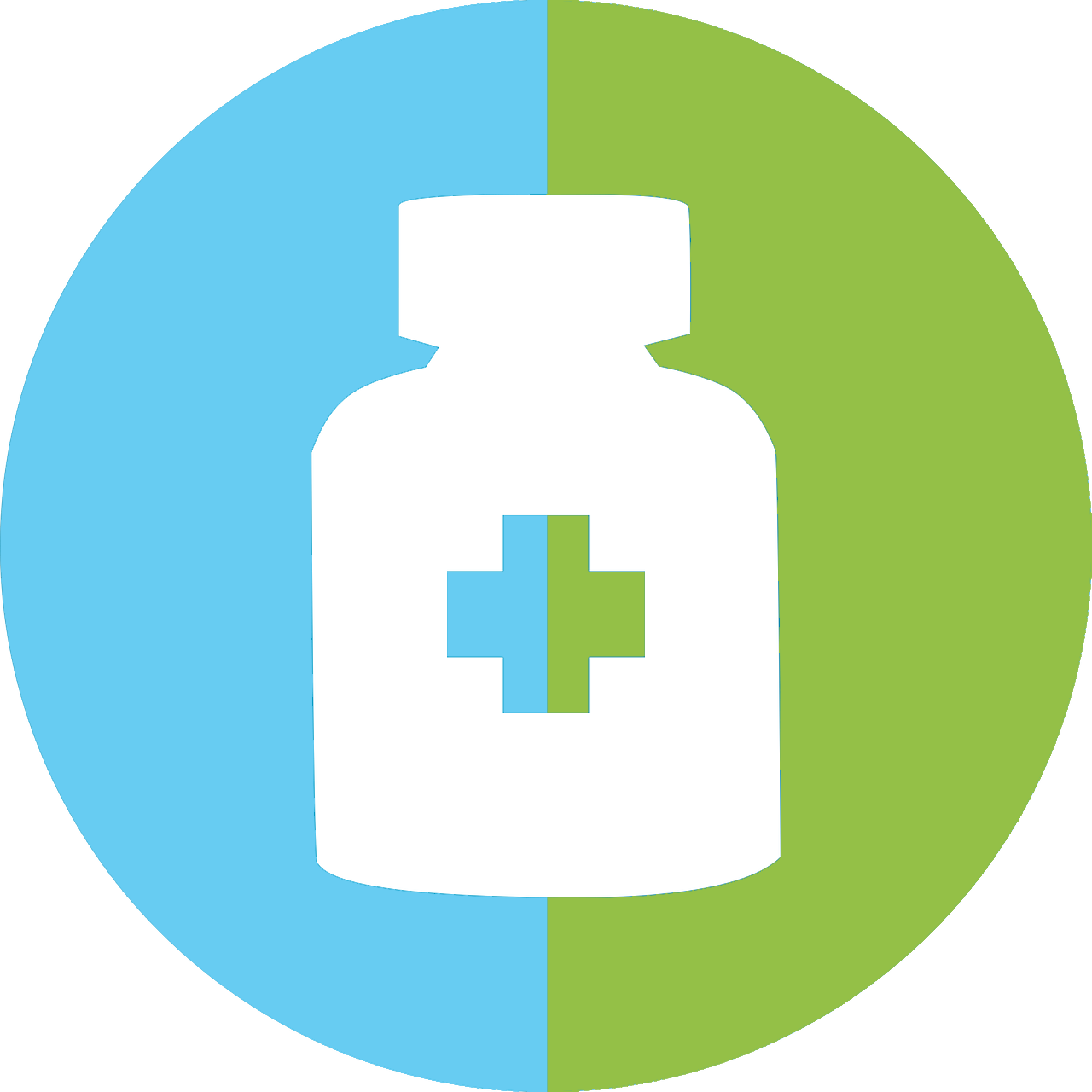
MEDICINES
- Your doctor will tell you if and when you can restart your medicines. He or she will also give you instructions about taking any new medicines.
- If you take aspirin or some other blood thinner, ask your doctor if and when to start taking it again. Make sure that you understand exactly what your doctor wants you to do.
- Take pain medicines exactly as directed.
- If the doctor gave you a prescription medicine for pain, take it as prescribed.
- If you are not taking a prescription pain medicine, take an over-the-counter medicine that your doctor recommends. Read and follow all instructions on the label.
- Do not take aspirin, ibuprofen (Advil, Motrin), or naproxen (Aleve), or other non-steroidal anti-inflammatory drugs (NSAIDs) unless your doctor says it is okay.
- If you think your pain medicine is making you sick to your stomach:
- Take your medicine after meals (unless your doctor has told you not to).
- Ask your doctor for a different pain medicine.
- If your doctor prescribed antibiotics, take them as directed. Do not stop taking them just because you feel better. You need to take the full course of antibiotics.
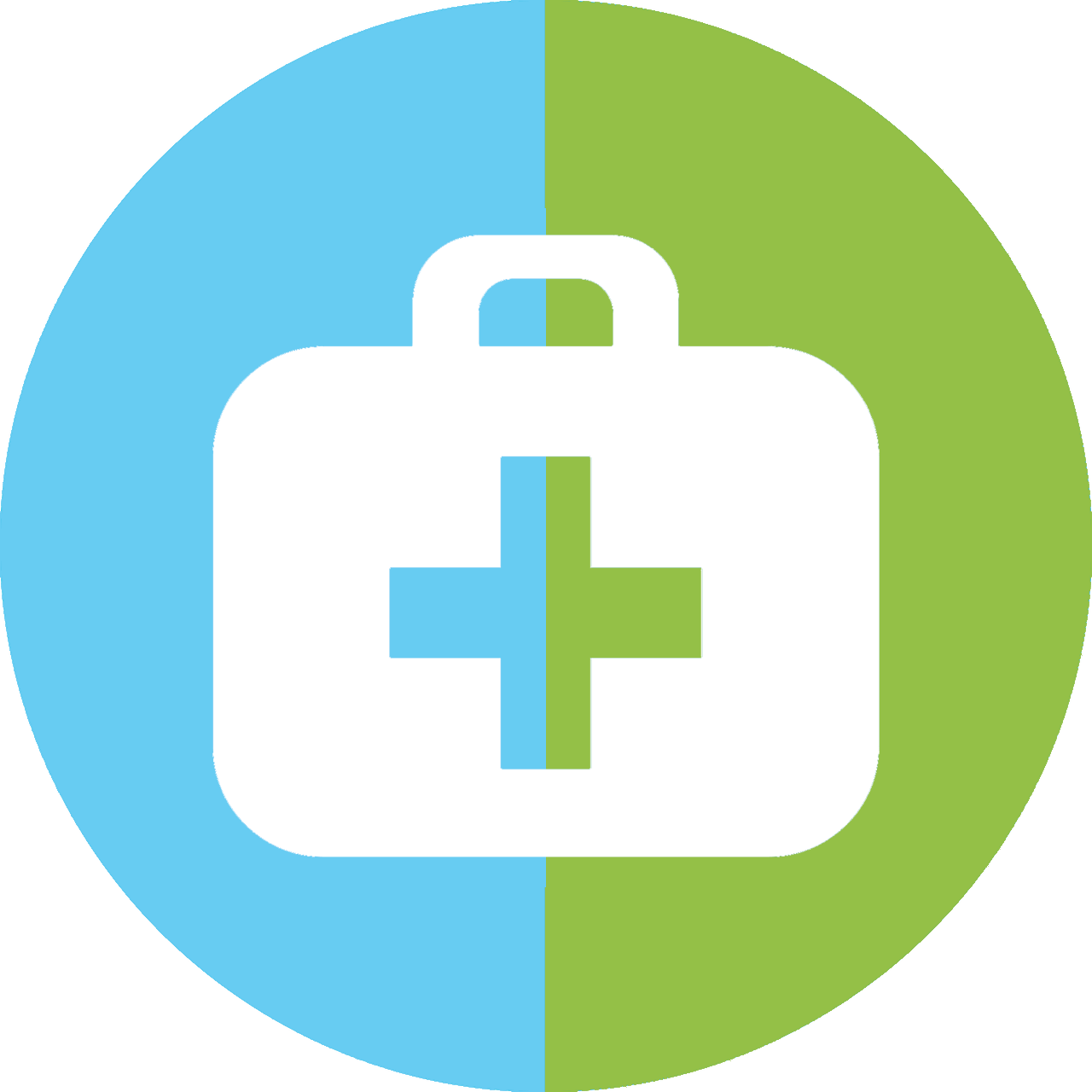
INCISION CARE
- If you have strips of tape on the incisions, leave the tape on for a week or until it falls off.
- Wash the area around the incisions daily with warm, soapy water and pat it dry. Don’t use hydrogen peroxide or alcohol, which can slow healing. You may cover the incisions with gauze bandages if they weep or rub against clothing. Change the bandages every day.
- Keep the area around the incisions clean and dry.
Follow-up care is a key part of your treatment and safety. Be sure to make and go to all appointments, and call your doctor or nurse advice line (811 in most provinces and territories) if you are having problems. It’s also a good idea to know your test results and keep a list of the medicines you take.
Is it normal to feel pain weeks after surgery?
Should I request to follow up after my nephrectomy?
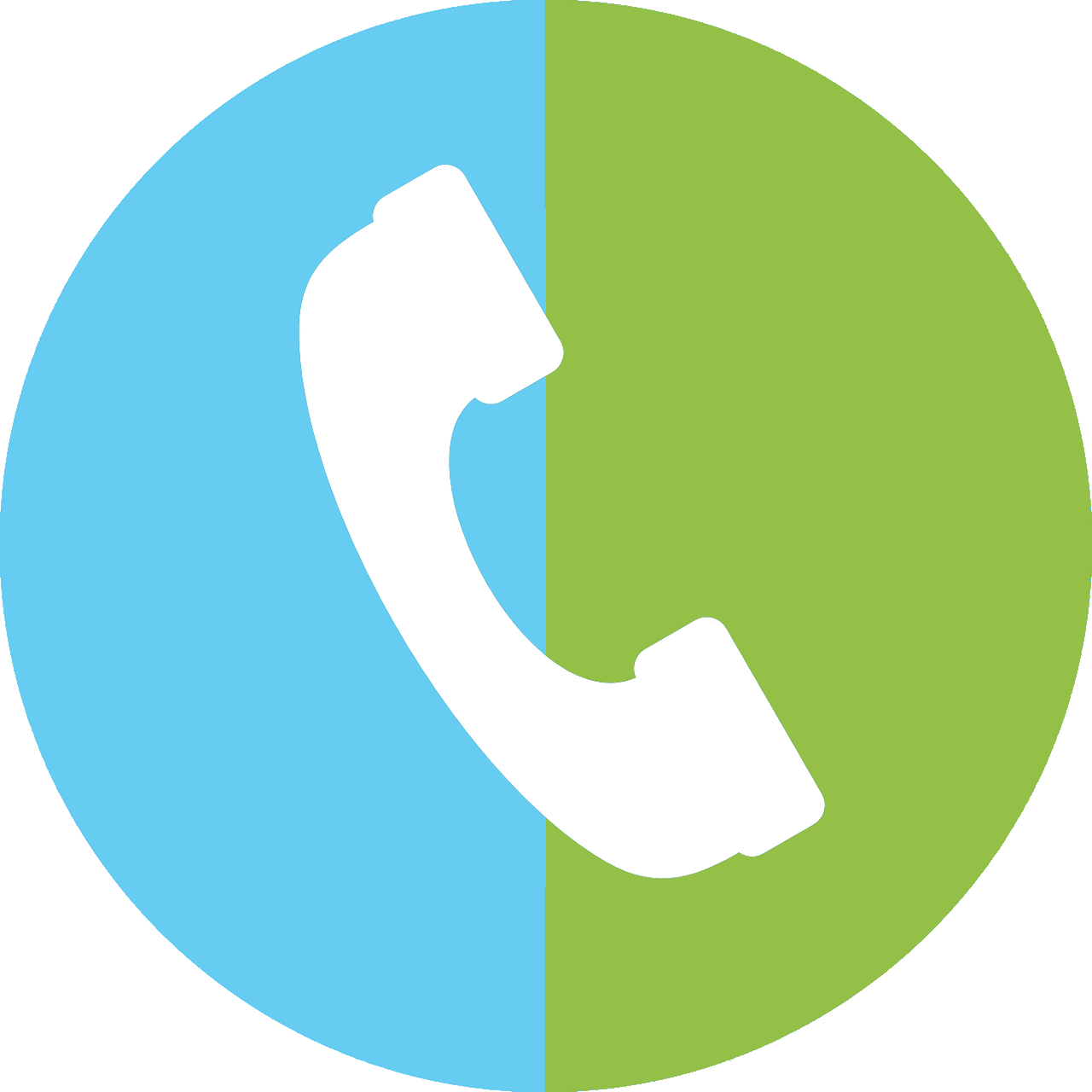
WHEN SHOULD YOU CALL FOR HELP?
Call 911 anytime you think you may need emergency care. For example, call if:
- You passed out (lost consciousness).
- You have chest pain, are short of breath, or cough up blood.
Call your doctor or nurse advice line now or seek immediate medical care if:
- You have pain that does not get better after you take your pain medicine.
- You have symptoms of a urinary tract infection. These may include:
- Pain or burning when you urinate.
- A frequent need to urinate without being able to pass much urine.
- Pain in the flank, which is just below the rib cage and above the waist on either side of the back.
- Blood in the urine.
- A fever.
- You have signs of infection, such as:
- Increased pain, swelling, warmth, or redness.
- Red streaks leading from the incisions.
- Pus draining from the incisions.
- A fever.
- You have loose stitches, or your incisions come open.
- You are bleeding from the incisions.
- You cannot urinate.
- You are sick to your stomach or cannot drink fluids.
- You have signs of a blood clot in your leg (called a deep vein thrombosis), such as:
- Pain in the calf, back of the knee, thigh, or groin.
- Redness and swelling in your leg.
Watch closely for changes in your health, and be sure to contact your doctor or nurse advice line if you are having any problems.
For 24/7 nurse advice and general health information call Health Link at 811.
SOURCE
MyHealthAlberta.ca, published September 8, 2021








































